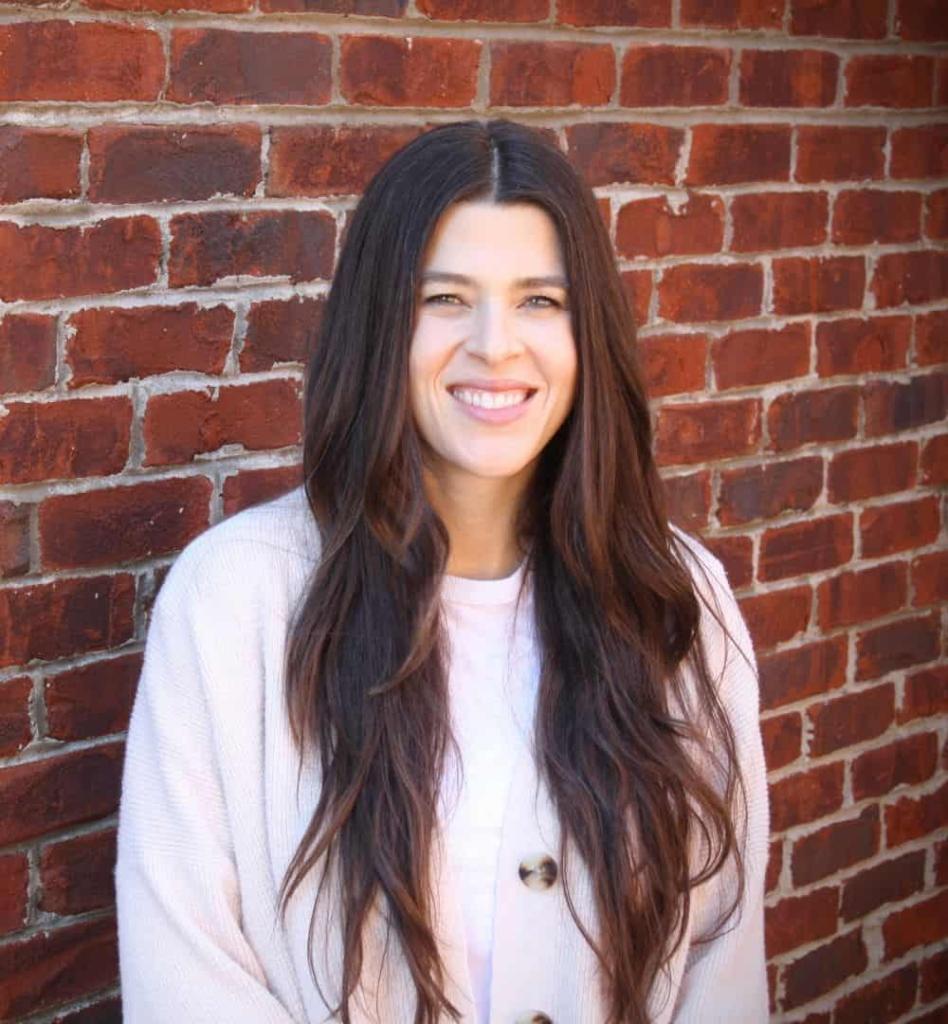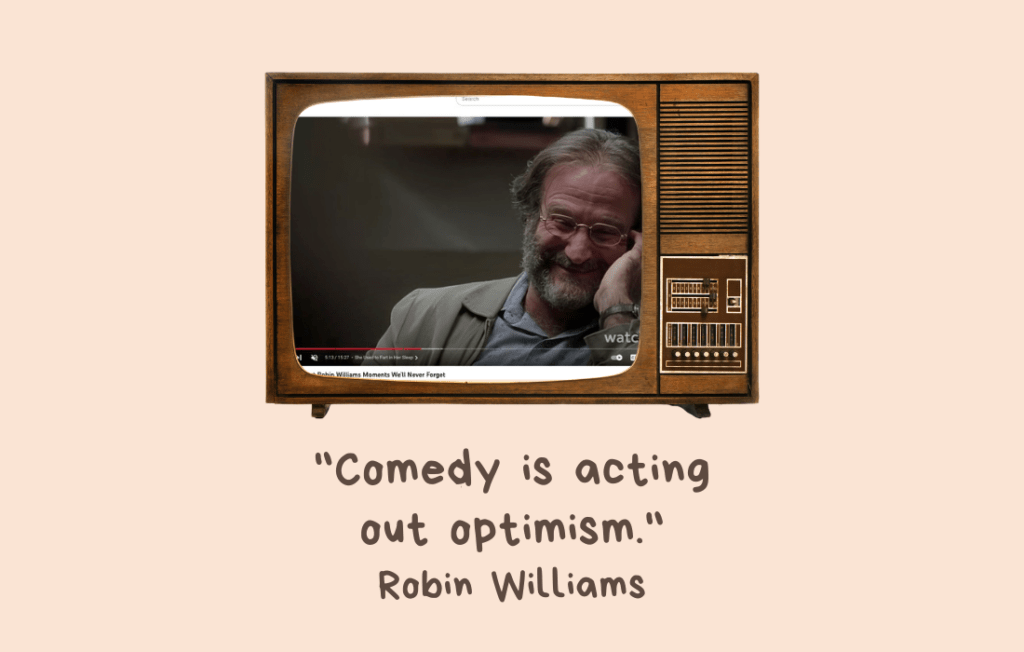Managing a cancer diagnosis throws so many curve balls it is hard to keep up. At Gilda’s Club, we want to help you find the right combination of changeups and fast balls to ensure you have the support you need to become an expert in your own field because we believe that cancer support should be unique to you.
One of the great things about Gilda’s Club is that frequently, we also learn from our members. Our members have a wealth of inspiration and knowledge on what can be helpful in managing a diagnosis and getting through the cancer experience.
One of those members is a Gynecological Cancers Support group member, Mary. We got a chance to talk with Mary, and group leader, Laura Leach, LMSW, to hear what they find to be the most beneficial when creating a Customized Support Plan. Gilda’s Club’s staff are cancer support experts, but we recognize that those facing cancer, our members, are the experts regarding their own unique experience. Twenty-five years in this community has afforded us a vast repository of connections, lessons learned, and resources and with member feedback, real-time game day adjustments are readily at our fingertips.
Too many baseball references? Let us continue!

Tell us about your diagnosis. What is your story?
Mary: I first had symptoms that something was wrong in January of 2022. Naturally, the symptoms started on a Saturday morning, when no doctor’s office would be open! A few days later I saw a gynecologist, and was soon diagnosed with endometrial cancer. This news really knocked me over. I mean, no one else in my immediate family had had cancer. I was the first. Frankly, if I was going to be first in my family for something I would much rather be first to win the lottery…the first to date George Clooney…the first to win the Nobel Prize. But it is what it is.
I had a hysterectomy in short order, followed by some focused radiation in the pelvic area. Things looked good till November, when a follow-up CT scan showed a couple of tumors on my colon. This time, after another surgery I started chemotherapy. I’m still doing chemo, and soon I’ll have another CT that will show us if the chemo is working. Fingers crossed! I truly believe I’ll beat this cancer, and I’m willing to go the distance to get it done.
What have you found to be helpful in managing your diagnosis?
Mary: The chemo nurses suggested I keep a log as I moved through the chemo process, and I’m really glad I’ve done that. It can be helpful to be able to look back and see how symptoms have changed over time, and just generally have a reminder of how things have gone.
I’ve been very lucky to have good friends who’ve rallied to my side, taking me to chemo, accompanying me to doctor’s appointments, calling to check on me regularly. I have several friends who are cancer survivors, and they’ve been wonderful. I recently told my friend David I’m sorry for all the suffering he went through, but it’s nice to see him sitting here now, healthy and energetic. It helps me stay focused on getting through the bad stuff in order to get to the good things ahead.
I’ve also collected some inspirational quotes that I’ve mounted on my bathroom mirror. Reading them helps me keep my attitude as positive as I can. I firmly believe that a positive attitude makes a big difference, so I do everything I can to foster that. I also love humor, and I find that watching comedians on You Tube works wonders for my mood. A few minutes spent watching Jonathan Winters and Robin Williams has me laughing hysterically.
Connecting with the community at Gilda’s Club takes on a variety of forms. One person may find that weekly Community Meals and Expressive Art workshops provide the support and understanding that they need. Being together, in community with those who can relate to the ups and downs of life with cancer is the goal and we want our members to find their place. Support and networking groups offer an intentional point of connection with others in a similar circumstance. Whether a person opts for a weekly Cancer or Family Support Group, or a monthly networking group like Mary, we believe that these groups are an important point of connection.
How has attending your support group been helpful?
Mary: Golly, I don’t know what I’d do without Gilda’s Club and the support group! The moderator really knows how to lead a group, and I’ve met some wonderful women there. It’s very healing to be able to be open and honest, and the members are very encouraging to each other. I really look forward to our meeting each month. I feel less alone, knowing there are others in similar situations. I’ve actually gotten some invaluable suggestions from others who have already experienced what I’m going through now.
Laura Leach, LMSW is one of our incredible group facilitators. She started facilitating groups as a social work intern at Gilda’s Club in 2009! Laura facilitates the Breast Cancer Networking Group, Gynecologic Cancers Networking Group, and will be facilitating the Post-Treatment Group this Summer.

What do you hope members get out of your group?
Laura: I hope the members in our groups find community. I hope they feel connected, empowered, seen and heard. I hope they find the group to be a safe place to laugh and rage and cry- to be fully human with others who understand what it is like to live with cancer.
What advice would you give to someone who is not sure about getting involved in a support group?
Laura: I would encourage those considering a support group through Gilda’s Club to speak with one of our social workers to decide what group or type of support would be the best fit and to discuss any concerns. We understand that it can feel uncomfortable and vulnerable to get started with a group and we want to support those considering support groups. A new member can keep in mind that we strive to create a safe, supportive, respectful, and non-judgmental environment. All are welcome. I believe new members will quickly find connection and community and that they have so much to offer as well as receive from a group. Please reach out to us if you are considering a support group through Gilda’s Club- no one must face cancer alone.
We want to end with the advice Mary shared with us for someone facing a new diagnosis. While we are the experts in psychosocial cancer support, no one can speak to the experience of having cancer like someone who is living it themselves.
What advice would you have for someone with a new diagnosis?
Mary: Don’t be afraid to advocate for yourself. If you don’t understand something, don’t hesitate to ask. Also, I have a handheld digital recorder that I take to doctor’s appointments, and that’s really come in handy. There’s just so much information, and you’re under so much stress, it’s hard to process everything the first time around. Several times I’ve replayed the meeting and I sometimes catch things I missed.
Stay positive as much as possible. The cancer journey is a rollercoaster of emotions, so there are certainly many times when I’ve felt really down. I don’t beat myself up about that; I try to just go with the flow. The really bad times don’t last forever, and I know better times will come along shortly. I reach out to friends when I need encouragement, help, or a listening ear. Just a few minutes visiting with someone who loves you makes all the difference.
Finally, I remember something I thought right after I was diagnosed, and I repeat it to myself frequently: “I may have cancer, but cancer doesn’t have me.”

Interested in learning more about our Support and Networking Groups, or know someone who could benefit? We’d love to help you find the right fit for you.
